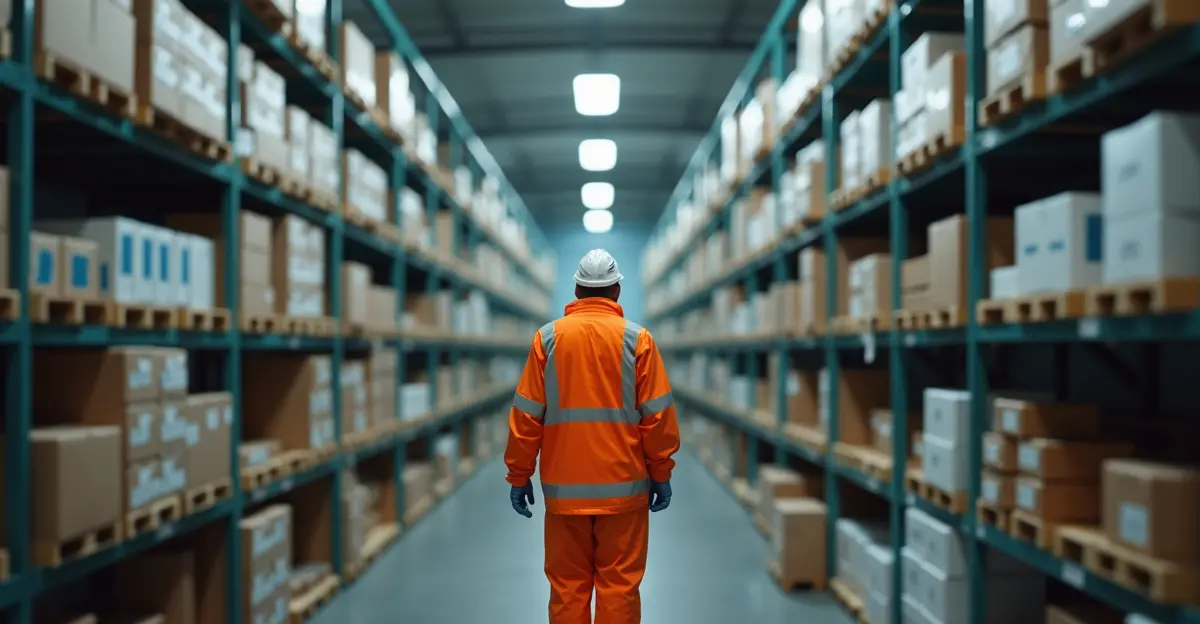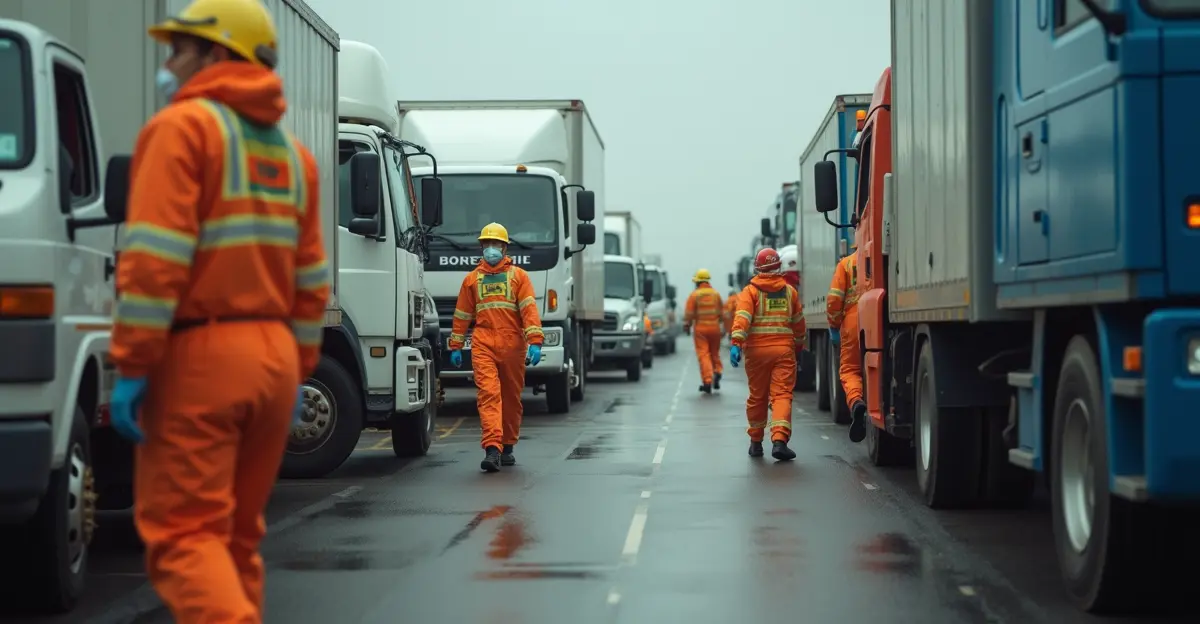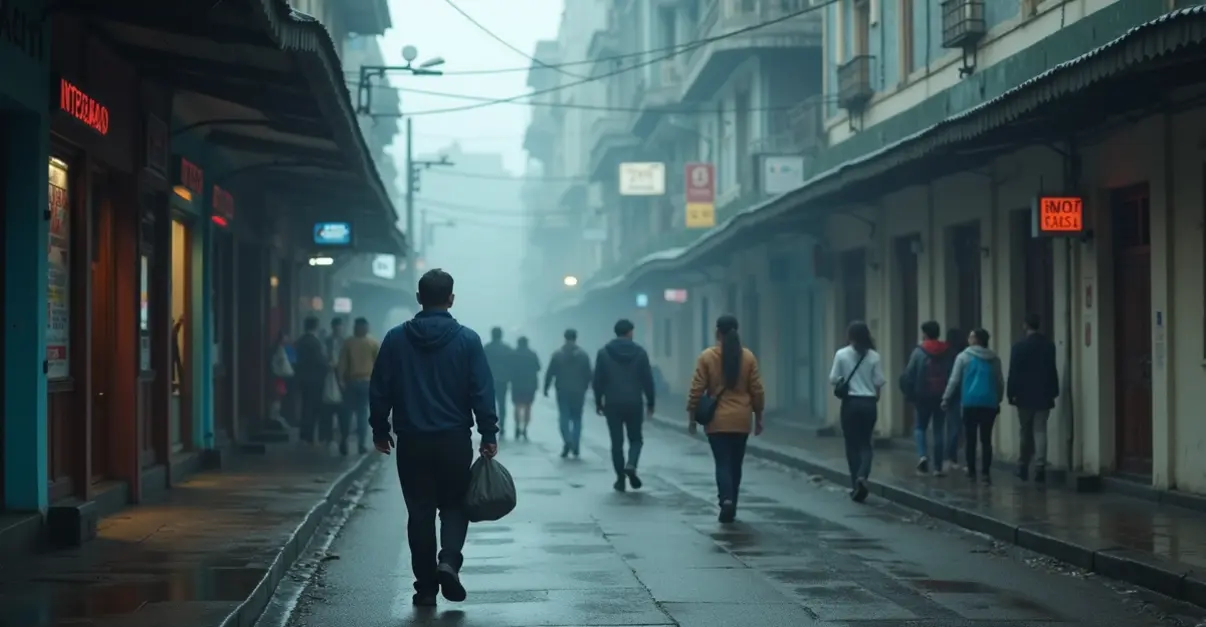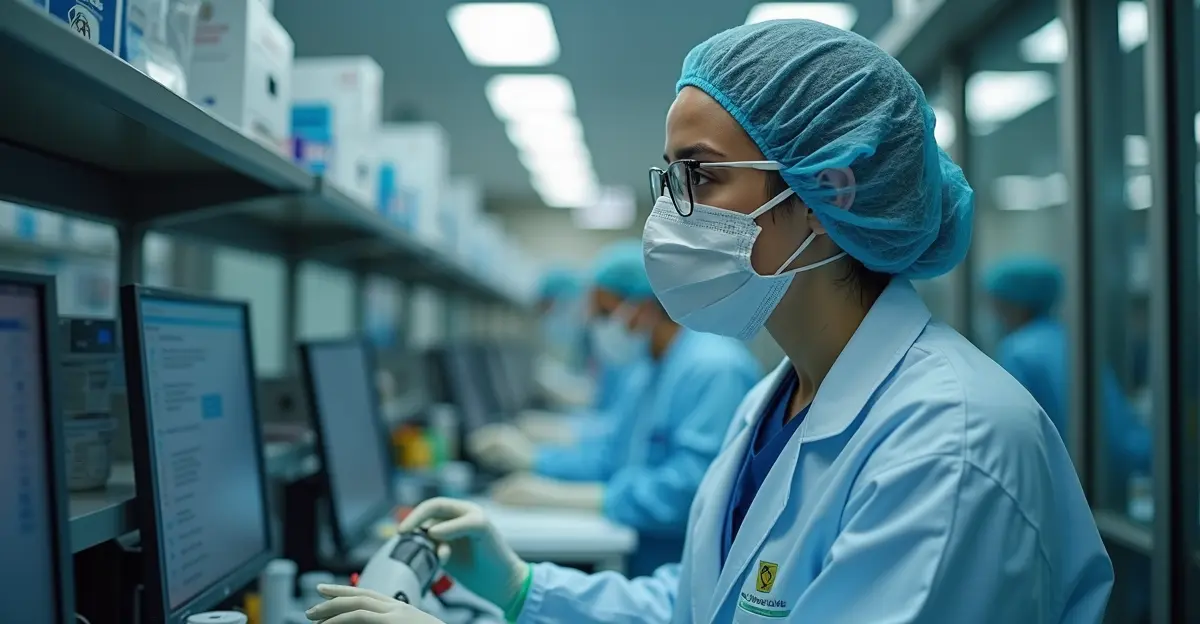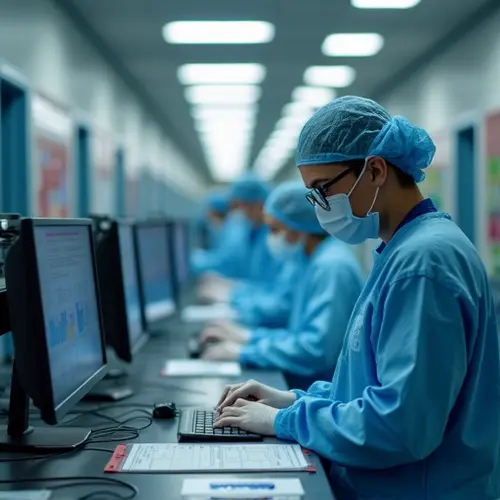Countries Ramp Up Medical Stockpiling Efforts
In the wake of the COVID-19 pandemic, nations worldwide are significantly expanding their medical stockpiles and preparedness strategies. The lessons learned from supply chain disruptions and equipment shortages have prompted governments to invest billions in pandemic readiness infrastructure.
Strategic National Stockpiles
The United States maintains the Strategic National Stockpile (SNS), originally established in 1998 as the National Pharmaceutical Stockpile. This massive repository contains antibiotics, vaccines, chemical antidotes, antitoxins, ventilators, and other critical medical supplies stored across 12 secret locations nationwide. "The supplies are stacked on shelves that can measure five stories high," according to NPR reports from the COVID-19 era.
Global Coordination Efforts
The Global Health Security Initiative (GHSI), established in 2001, brings together countries including Canada, France, Germany, Italy, Japan, Mexico, the UK, and the US, with the World Health Organization as an observer. This collaboration focuses on strengthening public health preparedness for biological, chemical, and nuclear threats, including pandemics.
European Preparedness Measures
European Union member states have established the EU Health Emergency Preparedness and Response Authority (HERA), which coordinates stockpiling of medical countermeasures and ensures rapid response capabilities across member states. Many European countries maintain their own national stockpiles while participating in regional coordination efforts.
Asia-Pacific Response Systems
Countries in the Asia-Pacific region, particularly those that experienced SARS outbreaks, have developed sophisticated pandemic preparedness systems. Singapore, South Korea, and Japan maintain extensive stockpiles of personal protective equipment (PPE), testing kits, and medical equipment.
Challenges and Innovations
Despite increased investments, challenges remain in maintaining stockpile freshness, managing expiration dates, and ensuring adequate supply chain resilience. Many countries are now investing in "just-in-case" manufacturing capabilities rather than relying solely on "just-in-time" supply chains that proved vulnerable during the COVID-19 crisis.
As one public health expert noted, "The next pandemic isn't a matter of if, but when. Our preparedness today will determine our response effectiveness tomorrow." The global community continues to work toward better coordination and resource sharing to address future health emergencies.

 Nederlands
Nederlands
 English
English
 Deutsch
Deutsch
 Français
Français
 Español
Español
 Português
Português
